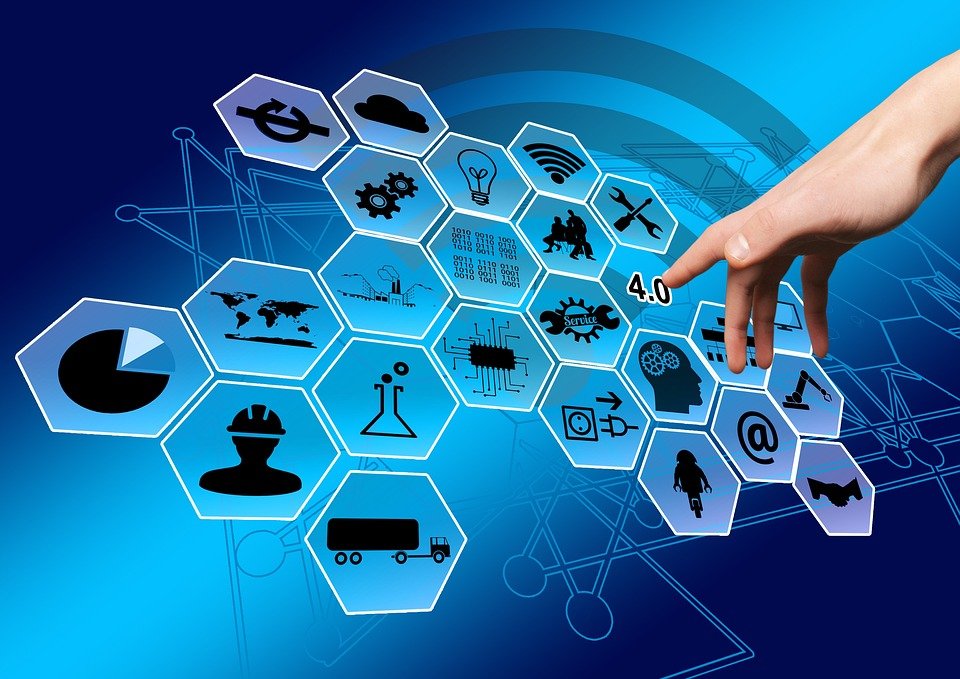The Internet of Things (IoT) has been a hot topic in technology circles for several years now, with experts predicting that it will revolutionize the way we interact with the world around us. From smart homes and self-driving cars to connected healthcare devices and industrial automation, IoT has the potential to drastically improve our lives in countless ways.
But where is all this connected technology heading? The possibilities are virtually endless, as the IoT continues to evolve and expand into new and exciting areas.
One of the most promising areas for IoT is in the realm of smart cities. By connecting everything from traffic lights and public transportation systems to waste management and energy grids, cities can become more efficient, sustainable, and responsive to the needs of their residents. For example, IoT sensors can monitor air quality, detect traffic congestion, and optimize energy usage, leading to cleaner air, less traffic, and lower energy costs.
Another area where IoT is making waves is in the healthcare industry. Connected devices such as wearable fitness trackers, smart insulin pumps, and remote patient monitoring systems are allowing healthcare providers to deliver more personalized and efficient care to patients. These devices can track vital signs, remind patients to take their medication, and even alert doctors to potential health issues before they become serious.
IoT is also revolutionizing the way we interact with our homes. Smart thermostats, lighting systems, and security cameras are just a few of the connected devices that are making our homes safer, more comfortable, and more energy-efficient. With the rise of smart speakers and voice-activated assistants, such as Amazon’s Alexa and Google Home, controlling these devices has never been easier.
In the realm of industrial automation, IoT is enabling businesses to streamline their operations, reduce costs, and improve productivity. By connecting machinery, equipment, and sensors to the internet, companies can monitor and manage their production processes in real-time, leading to fewer errors, faster turnaround times, and better overall performance.
Of course, with all of these exciting possibilities come concerns about privacy, security, and data protection. As more and more devices become connected to the internet, the potential for hackers and cybercriminals to exploit vulnerabilities and gain access to sensitive information increases. It will be crucial for companies and policymakers to work together to develop robust security measures and standards to protect the integrity of the IoT ecosystem.
In conclusion, the potential of IoT is vast and far-reaching, with countless possibilities for improving our daily lives, our communities, and our industries. As connected technology continues to evolve and mature, it will be fascinating to see where it takes us next. Whether it’s in smart cities, healthcare, homes, or industrial automation, the IoT has the power to transform the way we live, work, and play.




